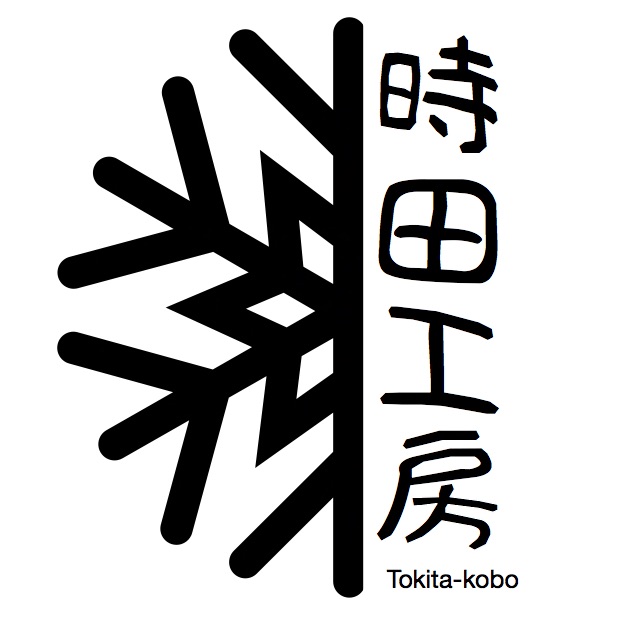In Japanese daily life, there are special phrases exchanged at home that go beyond simple greetings. These expressions carry warmth, care, and a sense of connection among family members. Four of the most common are:
1. Ittekimasu (いってきます) – “I’m off” or “I’ll go and come back”
When someone leaves the house—whether for work, school, or errands—they say “Ittekimasu.” It literally means “I’m going and will come back.” It’s not just about leaving; it reflects the intention of returning safely. This phrase acknowledges the shared life in the household and the hope for a safe journey.
2. Itterasshai (いってらっしゃい) – “Take care” or “See you later”
In response to Ittekimasu, the person staying home replies with “Itterasshai.” It’s a way of sending the other person off with well wishes. The phrase has a built-in sense of care—it literally means “Go and come back safely.” You might hear it said warmly at the door, sometimes accompanied by a wave or smile.
Together, Ittekimasu and Itterasshai are a beautiful exchange that shows thoughtfulness and the rhythm of family life in Japan.
3. Tadaima (ただいま) – “I’m home!”
When someone returns home, they say “Tadaima.” It’s short for “Tadaima kaerimashita” (ただいま帰りました), meaning “I’ve just come home.” It’s not shouted—it’s usually said while stepping into the house, a way to announce one’s return and reconnect with those inside.
4. Okaerinasai (おかえりなさい) – “Welcome back”
The natural response to Tadaima is “Okaerinasai.” It means “Welcome home,” and expresses happiness or relief that the person has returned safely. In more casual settings, it’s often shortened to Okaeri (おかえり).
Together, Tadaima and Okaerinasai are also a beautiful exchange that shows thoughtfulness and the rhythm of family life in Japan
Why These Phrases Matter

These phrases are more than polite habits—they are a part of Japanese social harmony and emotional connection. They acknowledge each other’s presence, movements, and return. Whether you’re a visitor learning Japanese culture or someone exploring new traditions for your home, these expressions offer a warm way to show respect and care daily.
If you’re staying in Japan or visiting a Japanese home, try using these phrases. Even just saying “Ittekimasu” as you step out the door can bring a sense of comfort and connection—something that’s at the heart of Japanese culture.

